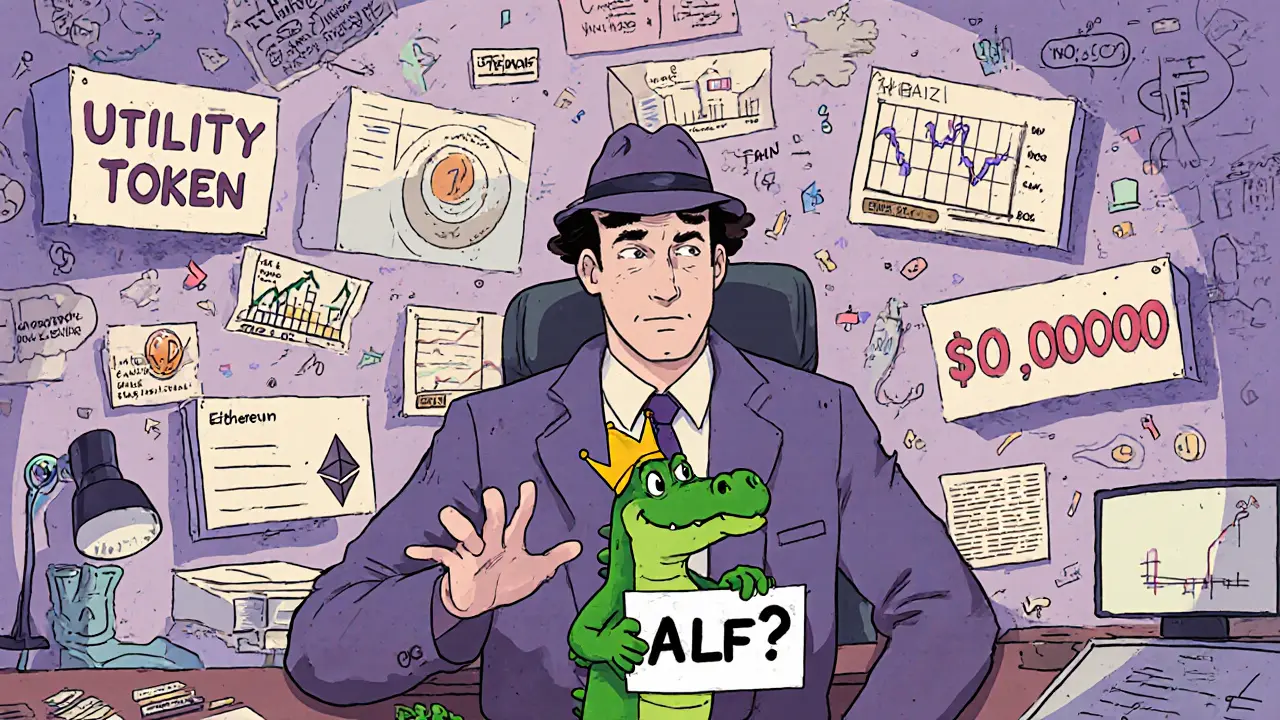ALF Token: What It Is, Where It’s Used, and Why It Matters in Crypto
When you hear ALF Token, a lesser-known cryptocurrency token often tied to niche DeFi or gaming projects. Also known as ALF, it appears in forums and airdrop lists—but rarely on major exchanges. Unlike Bitcoin or Ethereum, ALF Token doesn’t have a clear track record. No whitepaper, no verified team, and no major liquidity. That doesn’t mean it’s worthless—but it does mean you need to dig deeper before you even think about buying.
ALF Token often shows up alongside other obscure tokens like ALOR, the token behind Algorix, a prop trading platform with real trading volume and documented risks, or SHARDS, a gaming token distributed via Binance Alpha and Bybit Megadrop with verifiable circulation. But unlike those, ALF Token lacks public data. It’s not listed on CoinMarketCap or CoinGecko. No exchange has confirmed trading pairs. No wallet activity shows consistent movement. That’s not just quiet—it’s a red flag.
Most tokens like ALF are either abandoned experiments, vaporware, or scams dressed up as community projects. Look at what happened with FEAR Token, a 2021 airdrop that vanished after giving away free coins, or WHX, a token with zero supply and no team that lured users into unsafe wallet connections. ALF Token follows the same pattern: hype without substance. If you see an airdrop claiming to give you ALF, check the contract address. If it’s not audited, if the team is anonymous, if there’s no roadmap—walk away.
What makes ALF Token worth talking about isn’t its price or supply. It’s what it reveals about the crypto space: how easily fake projects hide in plain sight, how airdrops turn into traps, and how little due diligence most people do. The posts below cover real tokens, real exchanges, and real risks—so you don’t get burned by the next ALF.
What is ALF Token (ALF) Crypto Coin? Truth Behind the Confusion
by Johnathan DeCovic Nov 2 2025 17 CryptocurrencyALF Token (ALF) is a confusing crypto project with conflicting identities-some call it a utility token, others a meme coin. No team, no whitepaper, no verified contract. Here's what you really need to know before buying.
READ MORE
